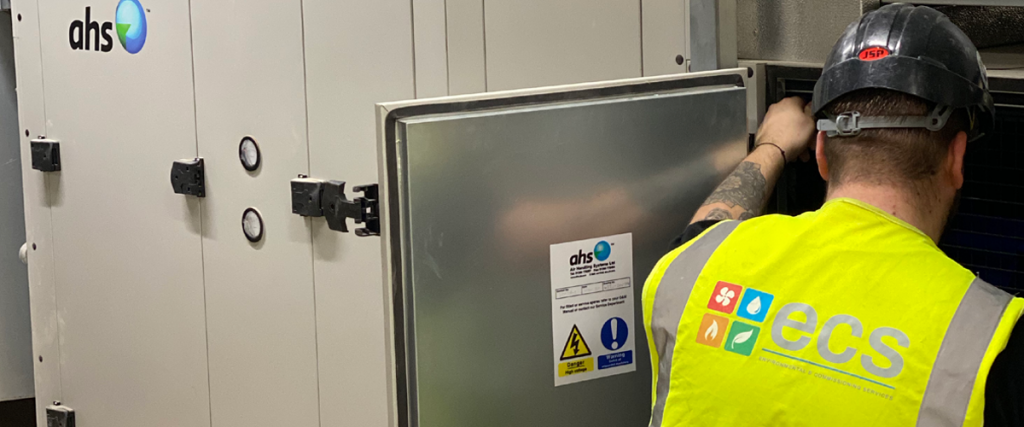When it comes to HVAC testing and commissioning services, there are a range of issues that need to be considered. HVAC commissioning certification is one of the most important considerations when you’re installing a HVAC system. Many people are uncertain about what it means and why it’s so important.
Here we’ll take a look at some of the legislation, regulations and compliance requirements that have to be followed when it comes to safe and efficient HVAC installation and maintenance.
What exactly is HVAC certification?
Legislation states that all buildings with air conditioning systems and HVAC solutions must meet a number of requirements:
F-Gas
Fluorinated greenhouse gases (F-Gases) are widely used across a variety of refrigeration products, including HVAC systems. Without the right management these can escape into the atmosphere causing significant environmental damage. Under the F-Gas legislation, any company that uses, maintains or services refrigeration products containing F-Gas must meet a range of maintenance requirements and ensure adequate record keeping.
Energy Performance Certificates
Any commercial property consisting of at least 500msq of habitable space is required by law to hold an Energy Performance Certificate (EPC). To obtain an EPC, any air conditioning system in the building has to meet a list of requirements. These are set out in the Energy Performance of Building Regulations. If you wish to sell or let your commercial property or make any additional alterations to your HVAC systems, you will still be required to hold an EPC.
TM44
The TM44 regulation requires that any air conditioner with an output of more than 12kW must be inspected to ensure that it continues to be energy efficient. It’s the responsibility of the building owner and manager to ensure that this inspection takes place, and then to act on any recommended improvements that are suggested.
R22 replacement
Since 2015 it has been against the law to use R22 refrigerant during the maintenance or repair of a HVAC system. This is because R22 refrigerant contains hydrochlorofluorocarbon (HCFC), which is a harmful and ozone depleting substance. It’s also illegal to even use recycled or reclaimed R22 during the repair and maintenance process.
Properly qualified engineers and technicians
Installing a HVAC system can be a potentially dangerous task with a wide variety of safety and other factors to consider. It’s important that the person carrying out the work is properly trained, qualified and fully abreast of the varied requirements and responsibilities of the role. The ‘Refcom Register of Companies Competent to Manage Refrigerants’ requires that anyone who is installing, servicing and maintaining HVAC systems containing F-gas is accredited to do so.
Ensuring Safety and Compliance
At ECS, we ensure that everything that we do is fully compliant with the appropriate legislation. The world of building regulations is continually evolving and can seem complicated, but our knowledgeable and experienced team will ensure that your HVAC system meets all of the appropriate standards. A compliant system means an efficient, safe and long-lasting system.
Call 01535 600688″ or email info@ecs-yorkshire.co.uk to find out more.

